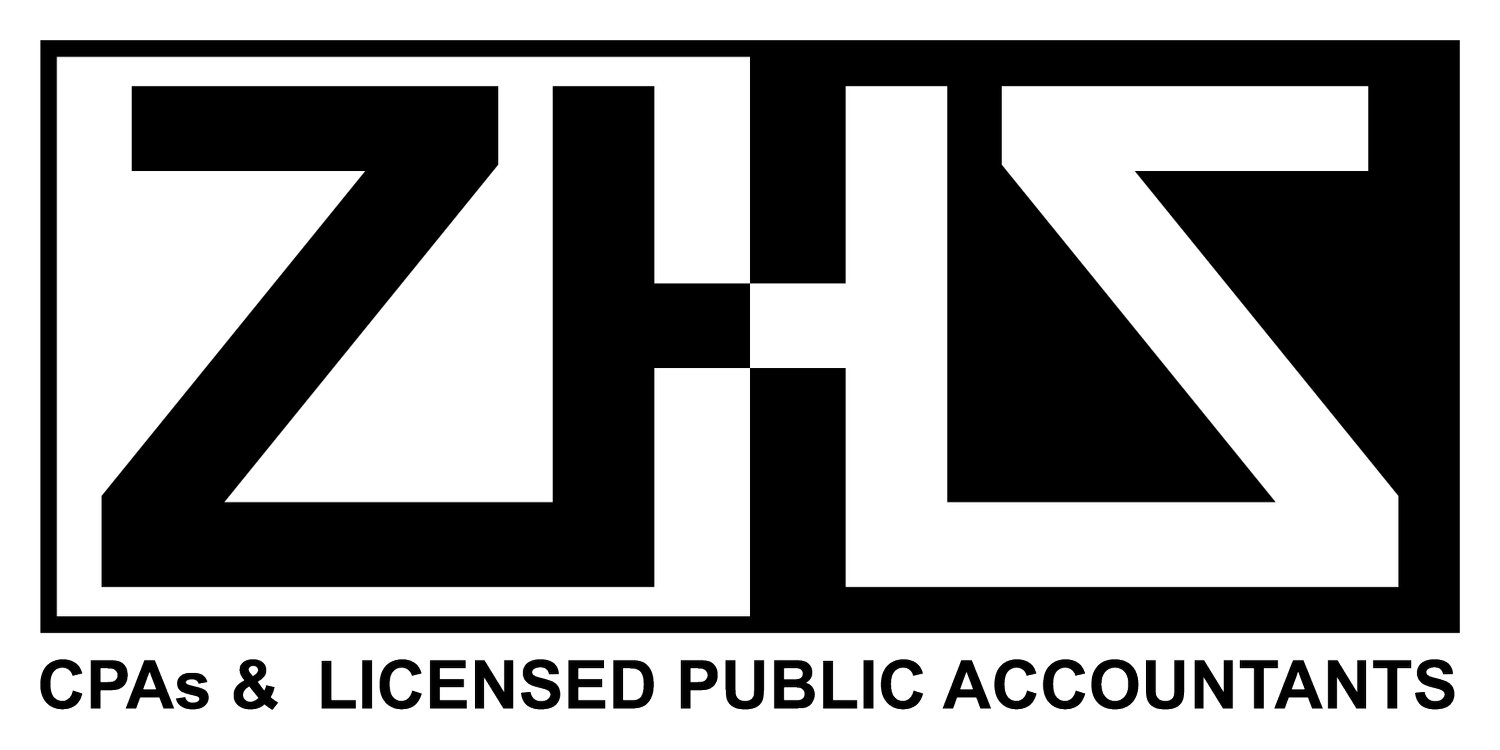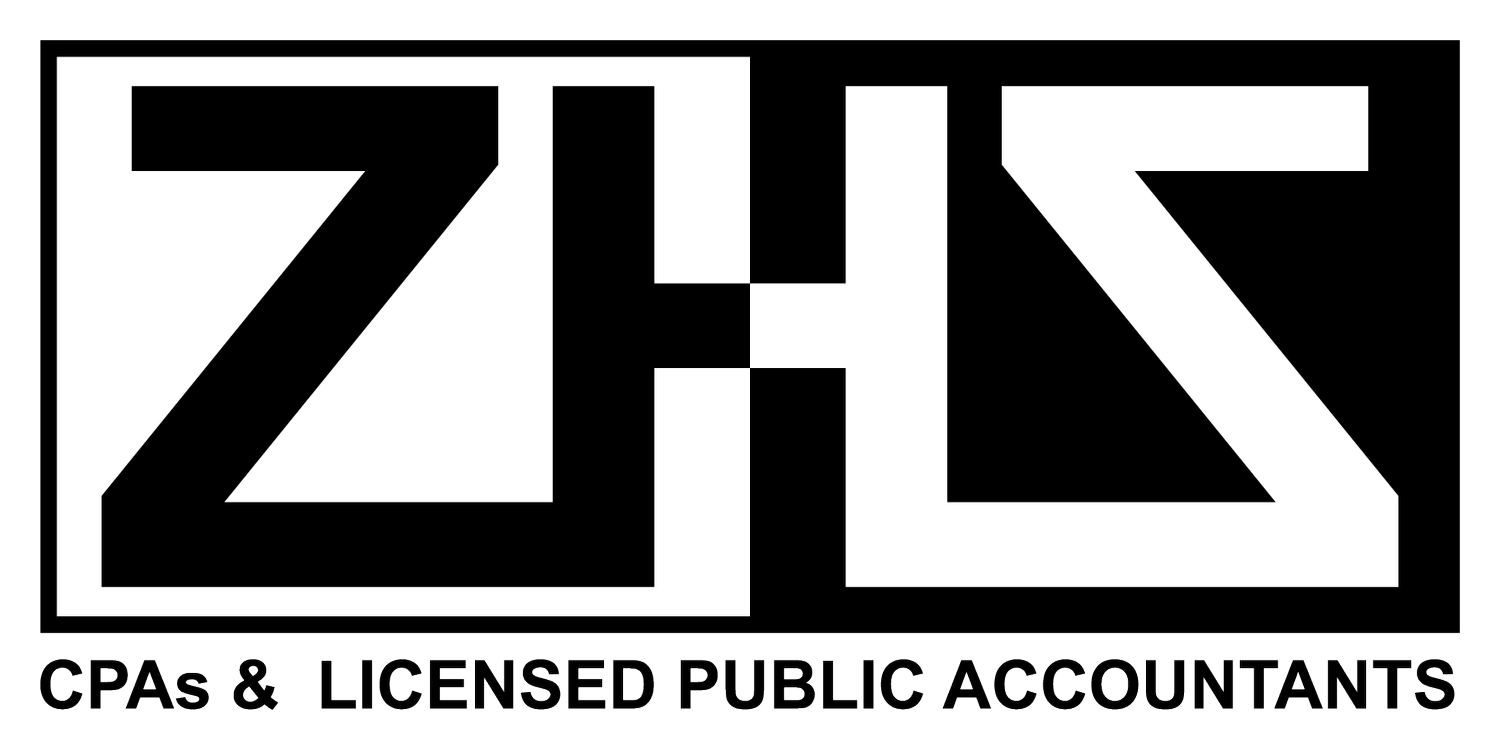Tax Advantages of the First Home Savings Account (FHSA)
First Home Saving Accounts (FHSAs) are enacted through Bill C-32 and provide Canadians an opportunity to save for their first home purchases with different tax benefits.
Let’s dive in to know who qualifies for an FHSA, contribution limits, qualified withdrawals, and more.
First Home Savings Account (FHSA) - Introduction
The First Home Savings Account (FHSA) is a valuable tool to help you save for a home purchase with several tax benefits. You can contribute up to $40,000 with this account over the course of 15 years.
If you keep qualified investment vehicles in an FHSA, you’ll grow tax-free. Similarly, qualified withdrawals will also remain tax-free.
While you plan for an FHSA, the Home Buyers’ Plan (BHP) remains intact too. If you fully utilize both plans, you can contribute up to $75,000 for these plans combined to buy a house.
Tax Benefits and Applicable Tax Rate for FHSAs
When you contribute up to $8,000 per year and $40,000 for the lifetime, your contributions towards an FHSA will be tax-deductible.
Another advantage of an FHSA is to hold qualified investments for tax benefits. Any gains, income, or losses arising from investments held in an FHSA will not be used to calculate your income-tested benefits or credits.
However, when your contributions exceed the limit, the applicable tax rate will be 1% for each month you exceed the limit.
You can carry forward the excessive contribution to the next year to avoid taxes. Alternatively, you can request a transfer to another account like an RRSP for the excessive contributions.
Any transfers for overcontributions will not reinstate your annual contribution limits though. Therefore, the best option here is to wait until the next year without making a withdrawal.
Opening an FHSA Account
You must be a Canadian resident and at least 18 years old to open an FHSA. You can only open this account for a first-time house purchase.
The ownership condition states that you must not have lived in that house for the year applying for an FHSA or the preceding four years.
The maximum age of an FHSA is 15 years or until you turn 71 years old whichever comes earlier.
Moreover, the savings can only be used to purchase a house or shares of a cooperative housing scheme where the account holder intends to purchase a housing unit.
Qualified Investments for FHSA
You can hold a wide range of qualified investments in a First Home Savings Account.
Some of these investment vehicles include:
● Publicly-Traded Securities
● Mutual Funds
● Corporate and Government Bonds
● Guaranteed Income Certificates
● Foreign Currency (with certain conditions)
● Certain types of warrants and rights
Some non-qualified investments for an FHSA include land, general partnerships, debt instruments, and shares of a company with 10% or more ownership stakes of the account holder.
Contribution Limits
You can contribute $8,000 annually with a lifetime limit of $40,000. You can hold multiple FHSAs but the total annual and lifetime limits will remain the same.
In a year when you do not contribute to the full limit, you can carry forward the remaining balance to the next year.
You can claim a tax deduction on contributions made in the calendar year with no compulsion of 60 days like an RRSP.
Qualified and Non-Qualified Withdrawals
You can make a single withdrawal or a series of withdrawals from the account. The FHSA will cease when it reaches 15 years or you turn 71 years old.
You must not have lived in the house for which you applied the FHSA. You are allowed 30 days after you move for the first time into your new house though.
Any non-qualified withdrawals or excessive amounts will be subject to taxes.
Transfers and Spousal Contributions
You can transfer any amount or excessive contributions to an RRSP or BHP. however, it will not reinstate your annual contribution limits.
Any income generated from funds provided by a spouse through investments held in an FHSA will not be subject to taxes. However, you cannot contribute to an FHSA account held by your spouse.
Marital Breakdown and Death Scenarios
You are allowed to transfer funds from one FHSA to another in case of a marital breakdown. However, such transfers will not reinstate your contribution limits for your FHSA.
You can nominate your spouse or common-law partner as your successor in case of demise.
In such cases, the ownership of your FHSA will be transferred to your surviving spouse or common-law partner without affecting his/her account limits.
If there is no spouse or common-law partner, the withdrawal made to any other beneficiary will be counted as taxable income.

